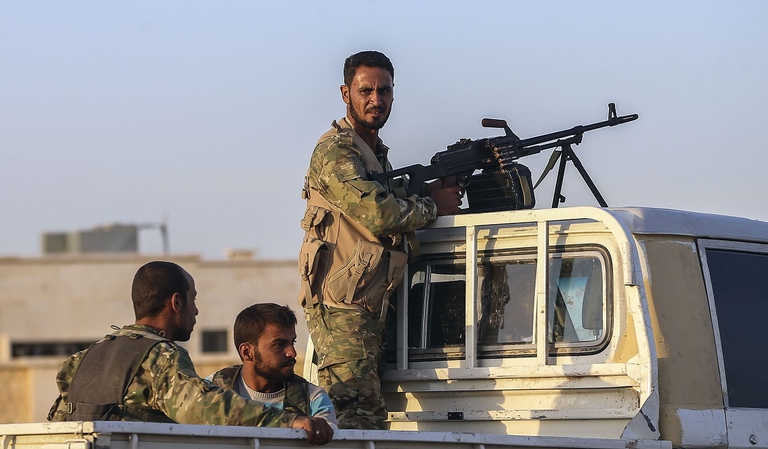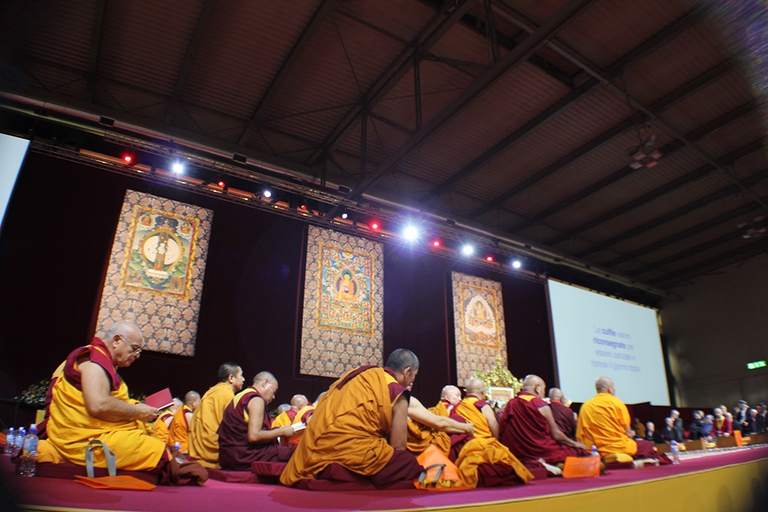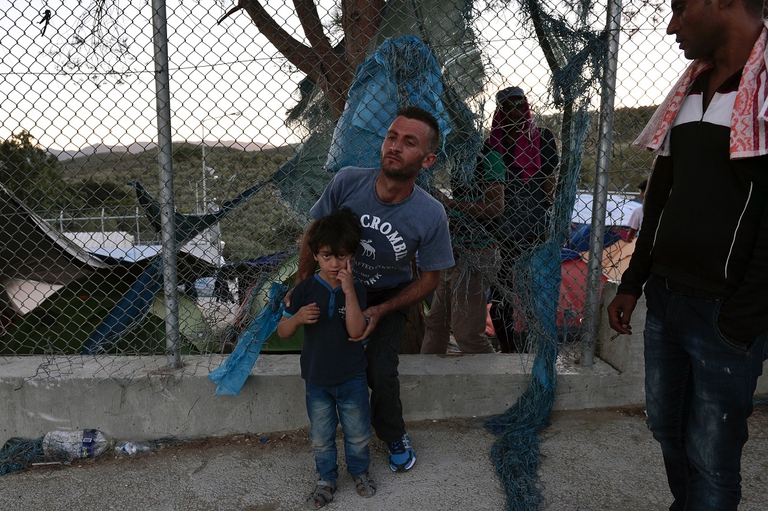
As per tradition after 12 years India held Mahakumbh, the world’s largest spiritual congregation that has been attracting pilgrims from across the globe.
The 2016 edition of the International Day of Peace, established to end hostilities, is devoted to sustainable development.
If we look back and try to retrace the early history of our species, we’ll have the impression that humans have always been in war and can’t live without violence. Violence and oppression have always existed, but it seems they peaked in the 20th century, due to the incredible technological progress. Today, talking about peace is difficult: wars, terrorism and racism are ever-present and have monopolised media si much so that have desensitised too many viewers.
Peace remains one of the basic needs of humankind, implies to overcome all social and religious barriers and every ideological prejudice and is the basis for the pursuit of happiness. The International Day of Peace was established by the United Nations on 30 November 1981. In the past it was celebrated every third Tuesday of September but in 2001 the date of 21 September was chosen. The day aims to end hostilities and the United Nations encourage all countries to observe the ceasefire and celebrate the initiative through educational activities that raise awareness on the importance of peace.
The theme for 2017 is “Together for Peace: respect, safety and dignity for all.” The slogan honours Together, a global initiative launched by the United Nations in 2016 that promotes respect, safety and dignity for everyone forced to flee their homes in search of a better life and supports of diversity, non-discrimination and acceptance of refugees and migrants. “In times of insecurity, communities that look different become convenient scapegoats,” said United Nations Secretary-General António Guterres. “We must resist cynical efforts to divide communities and portray neighbours as ‘the other’. Discrimination diminishes us all. It prevents people — and societies — from achieving their full potential. Together, let us stand up against bigotry and for human rights. Together, let us build bridges. Together, let us transform fear into hope.”
This year’s edition will thus focus on the support to refugees and migrants. The demonstrations will shine a spotlight on the advantages migrations have on economies and countries, while also acknowledging the concerns of the welcoming communities.
Celebrations symbolically started on 15 September, when the Secretary-General Guterres celebrate the Day in the Peace Garden at United Nations Headquarters by ringing the Peace Bell and observing a minute of silence.
Events and demonstrations will be organised all around the world to spread knowledge in order to create the basis for ending conflicts. On 16 September 2016 the Secretary-General rang the Peace Bell and observed a minute of silence in the Peace Garden at United Nations Headquarters.
The UN resolutions and international days could just be seen as due dates on the calendar and may not imply a personal adhesion. “Stay human”, journalist and human rights activist Vittorio Arrigoni, killed in Gaza in 2011, used to say. What does “stay human” mean? It means getting upset for the abuses against all living beings, be compassionate and empathetic, learn to know and open up because violence often stems from ignorance. It means breaking the physical and mental barriers and cooperating to live in harmony.
Siamo anche su WhatsApp. Segui il canale ufficiale LifeGate per restare aggiornata, aggiornato sulle ultime notizie e sulle nostre attività.
![]()
Quest'opera è distribuita con Licenza Creative Commons Attribuzione - Non commerciale - Non opere derivate 4.0 Internazionale.
As per tradition after 12 years India held Mahakumbh, the world’s largest spiritual congregation that has been attracting pilgrims from across the globe.
Workers in tea gardens of West Bengal, India, that produces Ctc tea for domestic consumption complain that they have been devoid of basic facilities while political parties make hollow promises during every elections which are never fulfilled.
India is in the middle of the elections, but sadly none of the politicians have uttered a word on man-animal conflict that has been devouring several lives every year.
Manipur, a state in north-east India, is still reeling under the tremors of violence that broke out last year devouring lives and paralyzing the economy.
The government of Tanzania is currently planning to evict more than 80.000 indigenous Maasai people from their ancenstral land
A new UNU-INWEH report on the global bottled water industry reveals the massive scale of this market and the lack of strict quality controls.
Isatou Ceesay founded a social enterprise that is helping to fight plastic pollution and empowering women and young people to gain economic independence.
In 2020, Mihela Hladin made a radical decision that many, in recent times, have probably considered. This is her story, with photos by Matt Audiffret.
The Brazilian government has started evicting illegal gold miners, responsible for the health emergency that has hit the Yanomami people.










